Will AI Video Generation Flood the Internet With Content or Compromise Trust?
The rise of AI video tools by tech giants like Google and OpenAI is reshaping content creation. While these advancements promise faster and customized videos, they also raise concerns about quality, misinformation, and trust. As AI-generated videos become indistinguishable from reality, the core of how we consume information is at stake. What does this mean for consumers?
📜 Topics included in this post
- The evolution and importance of video in modern media
- How AI video tools are revolutionizing content creation
- The risks of misinformation and loss of human connection
- The lack of regulations governing AI video generation
- Steps consumers can take to navigate this new era
Access the full article by clicking the button below…
The Evolution of Video in Media
Video has long been a cornerstone of entertainment, education, and communication. Platforms like YouTube, TikTok, and Instagram have thrived because people are naturally drawn to visual storytelling. Educational videos, corporate training modules, and social media content have revolutionized how we learn and connect.
However, the introduction of AI tools in video creation is poised to disrupt this ecosystem, bringing both opportunities and challenges.
How AI Video Tools Are Changing the Game
AI-powered video generation tools can now produce high-quality videos in minutes. From tutorials to marketing campaigns, these tools customize content based on audience preferences. Want a quick guide on caring for a rare plant? AI can create it tailored to your style—fast-paced or detailed. This customization has the potential to revolutionize user engagement.
But with speed comes a trade-off: the risk of losing the human touch and creativity that traditional creators bring to the table.
The Quality and Accuracy Conundrum
Unlike human creators who meticulously research and script their content, AI might present misinformation confidently. For example, imagine AI asserting the existence of non-existent phenomena. Many viewers may take it at face value, leading to confusion and misinformation, especially in sensitive topics like climate change or health advice.
The Regulatory Void
Currently, there is little to no regulation for AI-generated video content. This unregulated expansion poses significant risks, as the internet becomes flooded with content that may be difficult to verify. Efforts to develop AI detection tools have fallen short, as these systems often struggle to identify convincingly human-like AI outputs.
What Consumers Can Do
In this rapidly evolving landscape, consumers must adapt. Here are some actionable steps:
- Rely on trusted sources: Seek content from verified creators and reputable organizations.
- Develop critical thinking skills: Question the validity of information and cross-check facts from multiple sources.
- Advocate for regulation: Push for policies that ensure accountability and transparency in AI-generated content.
Conclusion: A Challenging New Era
AI video tools hold immense potential but come with significant challenges. As these technologies evolve, they will test our ability to discern truth and maintain trust in digital media. The onus is on consumers, creators, and regulators to navigate this shift responsibly.
For more insights on embracing creativity and innovation in the digital age, explore our Online Graphic Design Course | Creative Transformation.
3 AI business ideas related to this topic
|
Check out 3 interesting AI business ideas to make money with it.
|
A Conspiratorial Analysis of AI 🕵️
|
Discover a crazy conspiracy theory created by AI on this topic.
|
Learn more about this subject with the in-depth prompt
|
Use AI to learn more about the topic? Just copy and paste the prompt below into ChatGPT or another AI of your choice.
|
3 AI Jokes about this topic 🤣
|
Time to laugh! Check out below 3 bad jokes that AI created about this topic.
|
Below are some AI images on this topic that were automatically created by Roblogger.

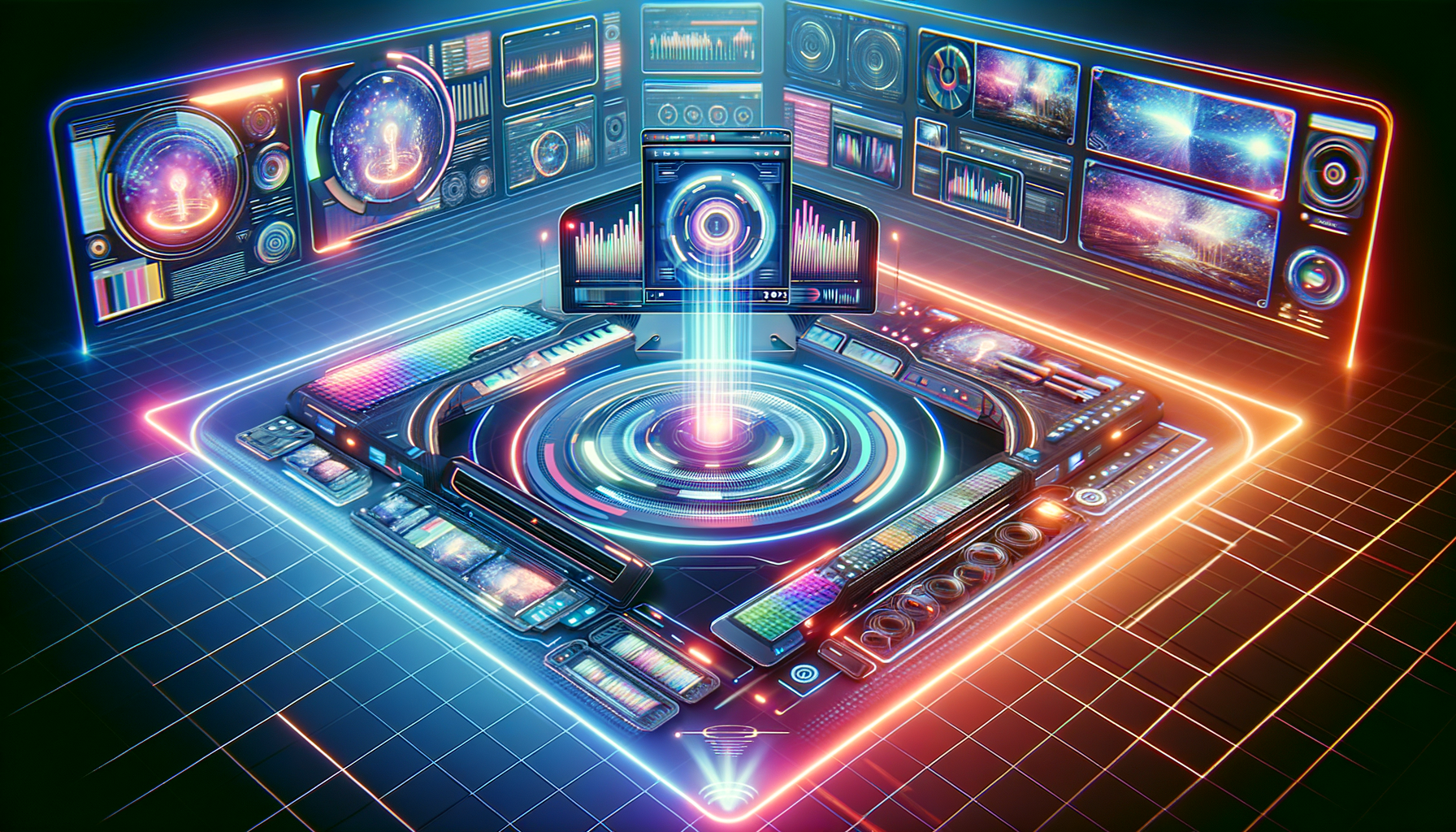




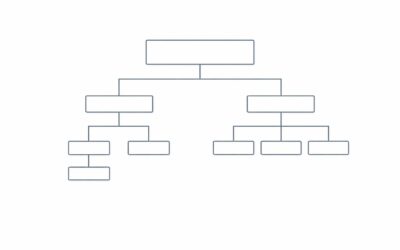

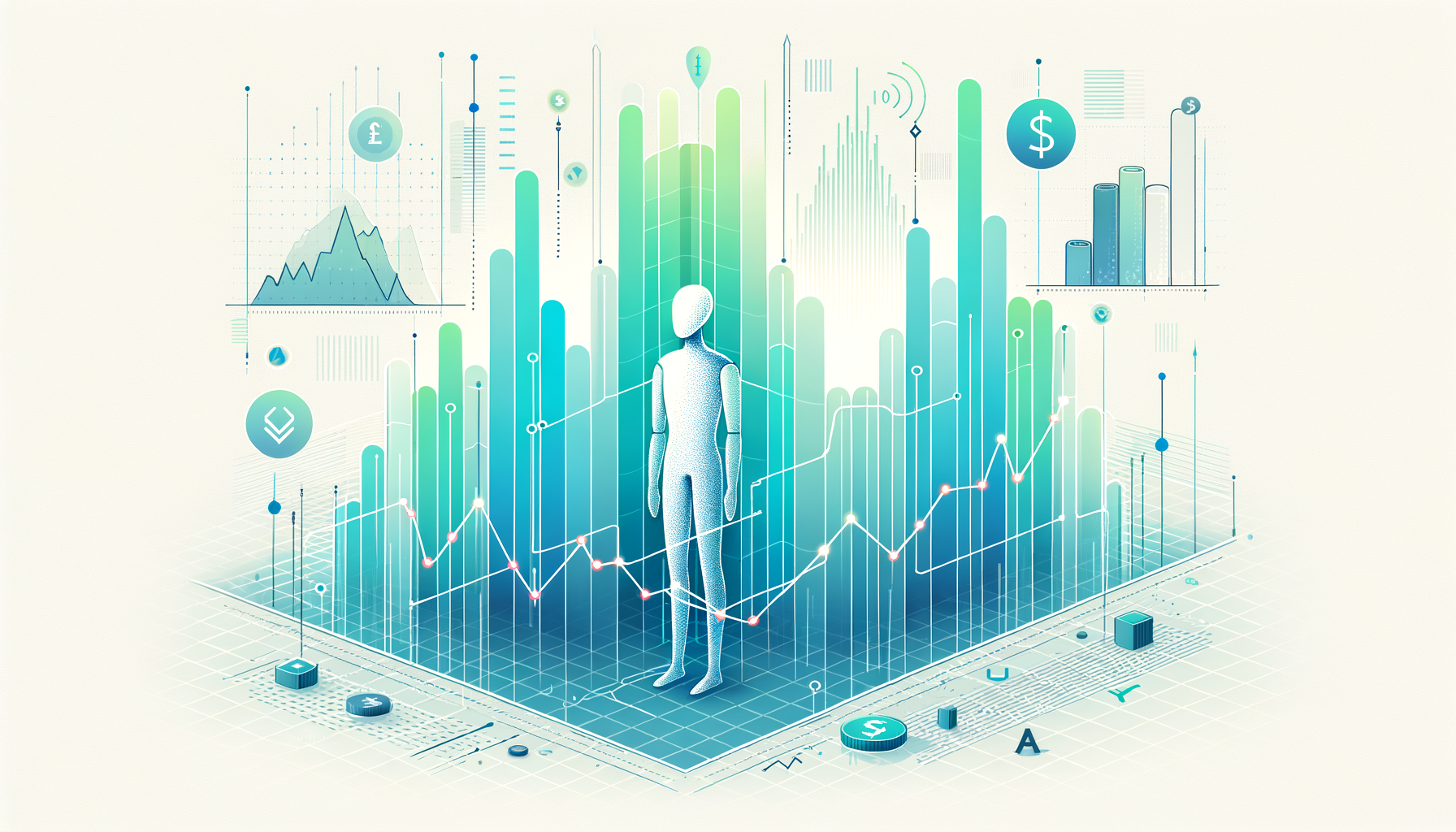

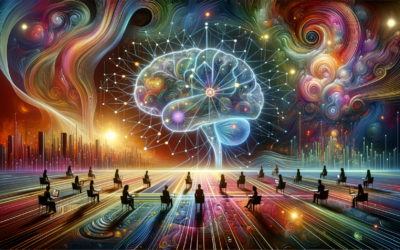
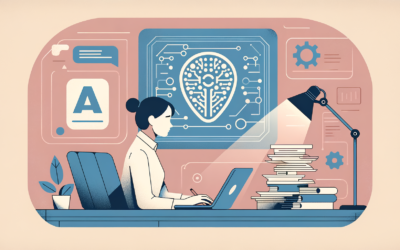
0 Comments